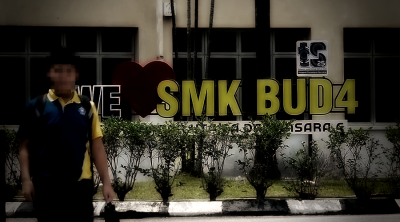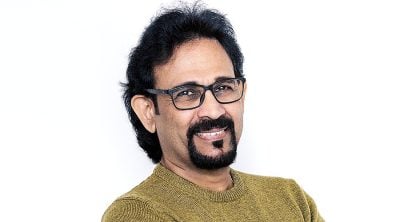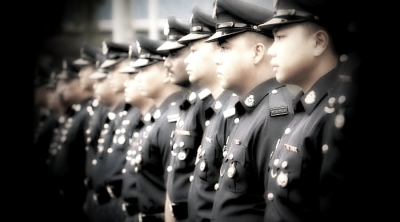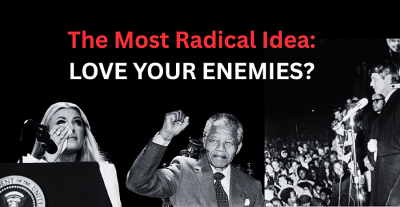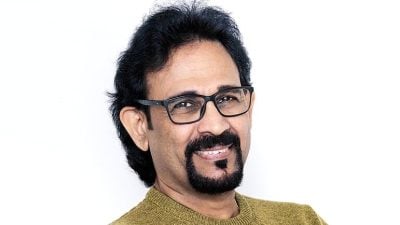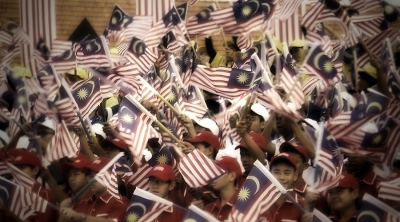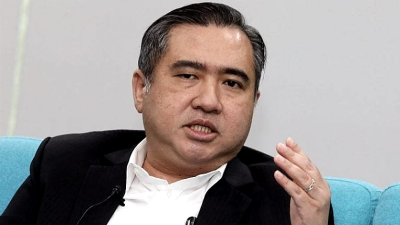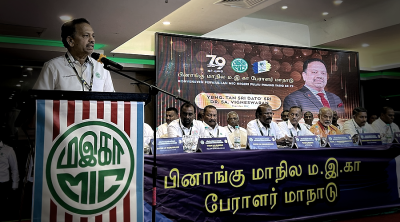
As Malaysia navigates defining crossroads in its democratic and national identity, the 107th anniversary of Nelson Mandela’s birth offers a timely lens through which our ministers, policymakers, and thought leaders can reflect on the tenets of courageous, ethical, and inclusive nation-building.
Mandela’s legacy is not just a South African story—it is a global leadership template, and his lessons offer urgent relevance for Malaysia today.
Leading multiracial unity through truth and dialogue
Mandela’s ascendancy came at a time when South Africa was torn apart by the scars of apartheid.
Rather than vengeance, he chose to unite, fostering a new social contract rooted in genuine dialogue and mutual recognition.
Perhaps Mandela’s most consequential innovation—the Truth and Reconciliation Commission—invited open testimony about past injustices and enabled amnesty in exchange for honesty.
Victims and perpetrators faced one another not to perpetuate old grievances, but to catalyze a national healing.
For Malaysia, whose signature diversity has at times succumbed to polarizing politics, Mandela’s approach offers a critical lesson.
Our own government’s Unity Ministry has rolled out initiatives like the Madani Harmony campaign and grassroots programs such as Jejak Harmoni, yet national surveys continue to reveal that many Malaysians experience discrimination linked to ethnicity, religion, and language.
To move beyond symbolic multiculturalism, Malaysians need not only more platforms for honest inter-communal dialogue but also a willingness among leaders to place unity ahead of political expedience.
Restorative justice mechanisms—adapted for our context—could do for Malaysia what Mandela’s Commission did for South Africa: turn pain into a cornerstone for trust and shared aspirations.
Unwavering commitment to social justice
Mandela’s enduring moral resolve—nurtured through 27 years of imprisonment—translated into policies that systematically uplifted the most marginalized communities.
Under Mandela, South Africa’s government initiated reforms prioritizing historically excluded populations and broadening access to economic participation through Black Economic Empowerment.
These moves were not without controversy, but the principle was unassailable: no nation can move forward leaving its vulnerable behind.
We in Malaysia, have NEP, but isn’t it overstaying its purpose?
Malaysia, facing its own challenges of uneven development and intergenerational mobility, can learn from both Mandela’s spirit and international experience.
Contemporary South Korea, for example, responds to growing concerns over rigid class mobility by expanding access to education, supporting women’s labor force participation, and strategically targeting social welfare programs.
A similarly transparent, needs-based approach in Malaysia—moving beyond the formulaic race-based incentives of the past—could deliver more sustained prosperity for all.
Building democratic institutions through inclusion
Mandela’s legacy as the “architect” of a multiracial democracy rested on his insistence on inclusive and participatory institution-building.
His leadership in post-apartheid constitution-making stands out: all key stakeholders were invited to the table, and civil society played pivotal roles in crafting a new social contract.
Malaysia’s reform momentum, stunted by political infighting and shifting coalitions, demands a renewal of bipartisan cooperation and an end to zero-sum politics.
The post-war Japanese experience, where new democratic institutions were created in partnership between domestic and international actors, and consensus was placed above domination, provides a historical mirror of Mandela’s approach and a regional model Malaysia should revisit.
Courage to forgive, willingness to collaborate
One of Mandela’s defining characteristics was the courage to forgive, not only personally but in the structuring of government.
By appointing his predecessor, F.W. de Klerk, as deputy in a unity administration, Mandela set a precedent: nation-building must take priority over score-settling.
Malaysia’s own tangle of factional disputes—and the exclusion of political rivals from meaningful participation in government—has often stalled progress.
Nordic nations present instructive examples. Their tradition of cross-party coalitions consistently delivers stable, pragmatic governance, even amidst electoral fragmentation.
Malaysia’s leaders should take note: humility in leadership and the inclusion of opposition talents can foster institutional trust, stability, and the public good.
Economic inclusivity beyond group-based policies
Mandela inherited a divided economy and worked to balance redress with growth, embodied in Black Economic Empowerment and later, Broad-Based Black Economic Empowerment schemes that sought to rectify imbalances while promoting enterprise.
Malaysia’s challenge is parallel: moving from race-based affirmative action towards universal, needs-based inclusivity.
Taiwan offers a model of inclusive economic policies that have delivered broad welfare and high growth without rigid group-based quotas.
Moral integrity and institutional accountability
Mandela’s humility and refusal to exploit public office for private gain—exemplified in declining a second presidential term—set standards rare in global politics.
He understood the corrosive impact of corruption and consciously chose to live modestly, setting a tone for those who followed.
In Malaysia, corruption charges and perceptions of impunity continue to undermine public faith in institutions.
Malaysian political masters, must follow this noble attitude of a statesman who abstained himself from getting corrupted, but staying true and honest to the core.
Hong Kong’s anti-corruption campaign offers a blueprint, demonstrating how political will and strong, independent institutions can restore trust and improve governance.
For Malaysia, establishing robust anti-corruption agencies insulated from political interference is essential to regain public confidence and re-anchor leadership ethics.
Daily, we read MACC raids, but how many gets charged is a big question that every Malaysian has?
Upholding moderation in the face of extremism
Mandela’s “rainbow nation” philosophy was rooted in moderation and pluralism; rather than sowing discord, he cultivated mutual respect and common identity.
Malaysia’s ‘Wasatiyyah’ or moderation agenda, while articulated as official policy, remains hampered by sporadic political exploitation and inconsistent implementation.
The Indonesian experience, where Pancasila underpins pluralist nationhood, demonstrates how genuine, lived moderation can secure both domestic stability and regional respect.
We should uphold Rukunegara in all that we do, execute and uphold, not any jingoistic campaigns which has been confusing every Malaysian.
Najib’s “1Malaysia” 2009-2018, Mahathir’s “Malaysia Bahru” 2018-2020, Muhyiddin Yassin’s “Kerajaan Prihatin” 2020-2021, Ismail Sabri’s “Keluarga Malaysia” 2021-2022, and now Anwar Ibrahim’s “Malaysia Madani.”
Guess, the advertisement agencies benefit the most and not the poor people of Malaysia.
Global diplomacy grounded in principle
Mandela’s peace-making extended to the global stage, where he championed diplomacy, especially among nations of the Global South.
He mediated conflicts, promoted reconciliation, and was steadfast in advocacy against injustice wherever it occurred.
Malaysia’s past as a credible mediator in ASEAN and the OIC is an asset—one that urgently needs revitalizing through Mandela-inspired statesmanship and renewed engagement in regional peace-building and south-south cooperation.
A direct challenge to Malaysia’s leaders
The moral and strategic urgency of Mandela’s example is clear. Malaysia’s next generation of leaders—the ministers, policymakers, civil servants, and think tanks reading this—must summon the will to heal divisions, act with unwavering integrity, and embrace reform for the good of all.
Mandela’s legacy should be neither mere aspiration nor distant memory.
His blueprint is both instruction and challenge: unity, justice, and moderation form the unshakeable foundation of national greatness.
If Malaysia’s leaders rise to this calling, investing in true unity, democratic renewal, social justice, and global stewardship, there is little doubt the nation can reclaim its place as a beacon of hope and harmonious prosperity—not only in Asia, but as an example to the world…
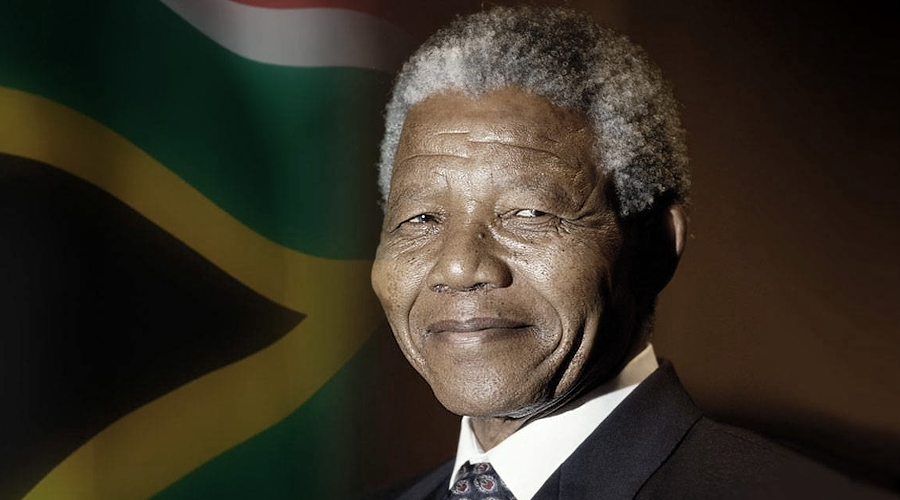
(Ravindran Raman Kutty is an active social worker.)
ADVERTISEMENT
ADVERTISEMENT






